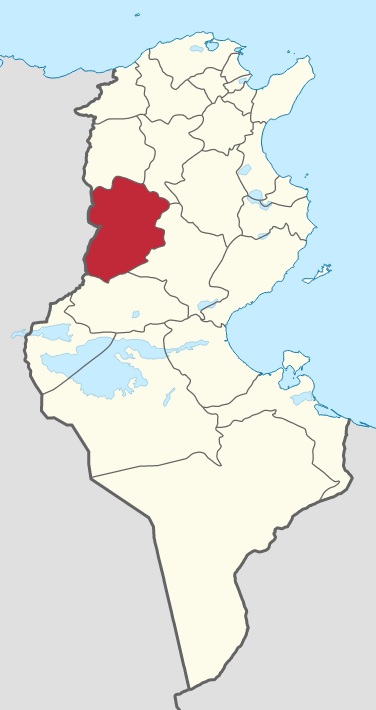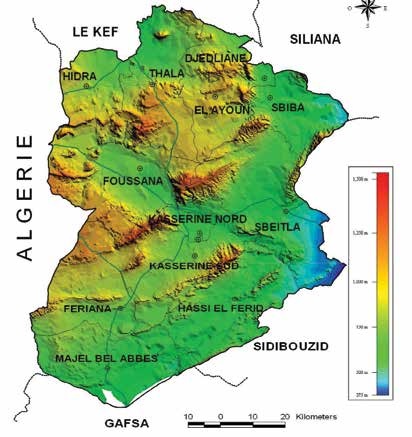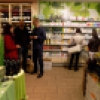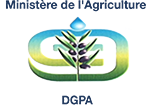Governorate of Kasserine Overview
Error message
- Notice: Trying to access array offset on value of type int in element_children() (line 6591 of /var/www/vhosts/smsa.tn/httpdocs/includes/common.inc).
- Notice: Trying to access array offset on value of type int in element_children() (line 6591 of /var/www/vhosts/smsa.tn/httpdocs/includes/common.inc).
- Notice: Trying to access array offset on value of type int in element_children() (line 6591 of /var/www/vhosts/smsa.tn/httpdocs/includes/common.inc).
- Notice: Trying to access array offset on value of type int in element_children() (line 6591 of /var/www/vhosts/smsa.tn/httpdocs/includes/common.inc).
- Notice: Trying to access array offset on value of type int in element_children() (line 6591 of /var/www/vhosts/smsa.tn/httpdocs/includes/common.inc).
- Notice: Trying to access array offset on value of type int in element_children() (line 6591 of /var/www/vhosts/smsa.tn/httpdocs/includes/common.inc).
- Notice: Trying to access array offset on value of type int in element_children() (line 6591 of /var/www/vhosts/smsa.tn/httpdocs/includes/common.inc).
- Notice: Trying to access array offset on value of type int in element_children() (line 6591 of /var/www/vhosts/smsa.tn/httpdocs/includes/common.inc).
- Notice: Trying to access array offset on value of type int in element_children() (line 6591 of /var/www/vhosts/smsa.tn/httpdocs/includes/common.inc).
- Notice: Trying to access array offset on value of type int in element_children() (line 6591 of /var/www/vhosts/smsa.tn/httpdocs/includes/common.inc).
- Notice: Trying to access array offset on value of type int in element_children() (line 6591 of /var/www/vhosts/smsa.tn/httpdocs/includes/common.inc).
- Notice: Trying to access array offset on value of type int in element_children() (line 6591 of /var/www/vhosts/smsa.tn/httpdocs/includes/common.inc).
- Notice: Trying to access array offset on value of type int in element_children() (line 6591 of /var/www/vhosts/smsa.tn/httpdocs/includes/common.inc).
- Notice: Trying to access array offset on value of type int in element_children() (line 6591 of /var/www/vhosts/smsa.tn/httpdocs/includes/common.inc).
- Notice: Trying to access array offset on value of type int in element_children() (line 6591 of /var/www/vhosts/smsa.tn/httpdocs/includes/common.inc).
- Notice: Trying to access array offset on value of type int in element_children() (line 6591 of /var/www/vhosts/smsa.tn/httpdocs/includes/common.inc).
- Notice: Trying to access array offset on value of type int in element_children() (line 6591 of /var/www/vhosts/smsa.tn/httpdocs/includes/common.inc).
- Notice: Trying to access array offset on value of type int in element_children() (line 6591 of /var/www/vhosts/smsa.tn/httpdocs/includes/common.inc).
- Notice: Trying to access array offset on value of type int in element_children() (line 6591 of /var/www/vhosts/smsa.tn/httpdocs/includes/common.inc).
- Notice: Trying to access array offset on value of type int in element_children() (line 6591 of /var/www/vhosts/smsa.tn/httpdocs/includes/common.inc).
- Notice: Trying to access array offset on value of type int in element_children() (line 6591 of /var/www/vhosts/smsa.tn/httpdocs/includes/common.inc).
- Notice: Trying to access array offset on value of type int in element_children() (line 6591 of /var/www/vhosts/smsa.tn/httpdocs/includes/common.inc).
- Notice: Trying to access array offset on value of type int in element_children() (line 6591 of /var/www/vhosts/smsa.tn/httpdocs/includes/common.inc).
- Notice: Trying to access array offset on value of type int in element_children() (line 6591 of /var/www/vhosts/smsa.tn/httpdocs/includes/common.inc).
- Notice: Trying to access array offset on value of type int in element_children() (line 6591 of /var/www/vhosts/smsa.tn/httpdocs/includes/common.inc).
- Deprecated function: implode(): Passing glue string after array is deprecated. Swap the parameters in drupal_get_feeds() (line 394 of /var/www/vhosts/smsa.tn/httpdocs/includes/common.inc).
- Deprecated function: The each() function is deprecated. This message will be suppressed on further calls in _menu_load_objects() (line 579 of /var/www/vhosts/smsa.tn/httpdocs/includes/menu.inc).
Situated in the west-center of Tunisia, Kasserine governorate covers an area of 8260 km 2, or 5.2% of the national territory. Its population grew from 386,908 in 1994 to 412,278 in 2004 and 439,243 in 2014, an average annual growth rate of 0.64% in 2014.
The population of Kasserine representing 30.8% of the population of the Central West and 4% of the Tunisian population. It is predominantly rural with a rate of 59.3% against a national average of 32.2% (RGPH 2014).
Agricultural development in the region was undertaken in the context of many projects the most important being the development project of the central Tunisia (1979-1989, $ 25 million), the Irrigation Project in Tunisia Central affecting two governorates of Kasserine and Kairouan (1983-1989, 54 R), the integrated rural development Project watershed High Mellegue (1989-1999, 25 R), the PDAI Kasserine (2001-2005, 44.6 MD) the PDAI northern governorate of Kasserine (2012-2016, 20,2MD) and the PGRN (1997-2004, 2009-2014 and MD 25, MD 32).


Répartition de la population active par secteur d’activité
| Agriculture | Manufacturing Industry | Non- Manufacturing | Services | Undeclared | |
|---|---|---|---|---|---|
| Kasserine | 29.2 % | 7 % | 18 % | 45 % | 0.8 % |
| Tunis | 0.7 % | 16.1 % | 8.5 % | 74.0 % | 0.7 % |
| Sousse | 3.9 % | 27.7 % | 14.3 % | 53.3 % | 0.8 % |
| Sfax | 17.4 % | 24.6 % | 15.0 % | 41.8 % | 1.2 % |
| Tunisie | 17.5 % | 18.2 % | 14.5 % | 48.8 % | 1.0 % |
The effort made in favor of the agricultural sector for decades has allowed the region to record positive results in terms of agricultural production which accounts for about 5% of the value of total agricultural production and 4% of value added agricultural country. In addition, in 2010, the governorate of Kasserine, ranked first in the production of apples (34.2%) and pistachio (26%), second place for the production of apricots (19%), third place for the production of almonds (11.4%) and in fourth place for the production of peaches (6.5%).
In fact, farming is a refuge for a good part of the population, due to the very limited employment opportunities in other sectors. The survey of the 2004/2005 farm structure shows that this activity affects 33,350 farmers, 59,081 caregivers and 2035 permanent employees or a total of 112 466 people (far superior to the 28 285 people surveyed by the RGPH 2004) besides 720 000 days casual work.
Customers and Partners
Nous contacter
- 1214 Magel Ben Abbes,
Rue Om Lakhsab, Kasserine - Tunisie - +216 77 445 056
- +216 77 445 317
- + 216 98 98 48 92 / 92 42 46 33
- mohammedsmsa@hotmail.fr
A propos
La SMSA « Magel Bel Abbes » intervient dans la région Magel Bel Abbes, une des cinq délégations pilotes en mode biologique en Tunisie. Elle est certifiée en Agriculture Biologique depuis le 23 septembre 2010 par ECOCERT sous le numéro 771000TN1400Z4F (TN).
REFRESH THE BLOG
-
 09 Jun 2016
09 Jun 2016 -
 09 Jun 2016
09 Jun 2016








